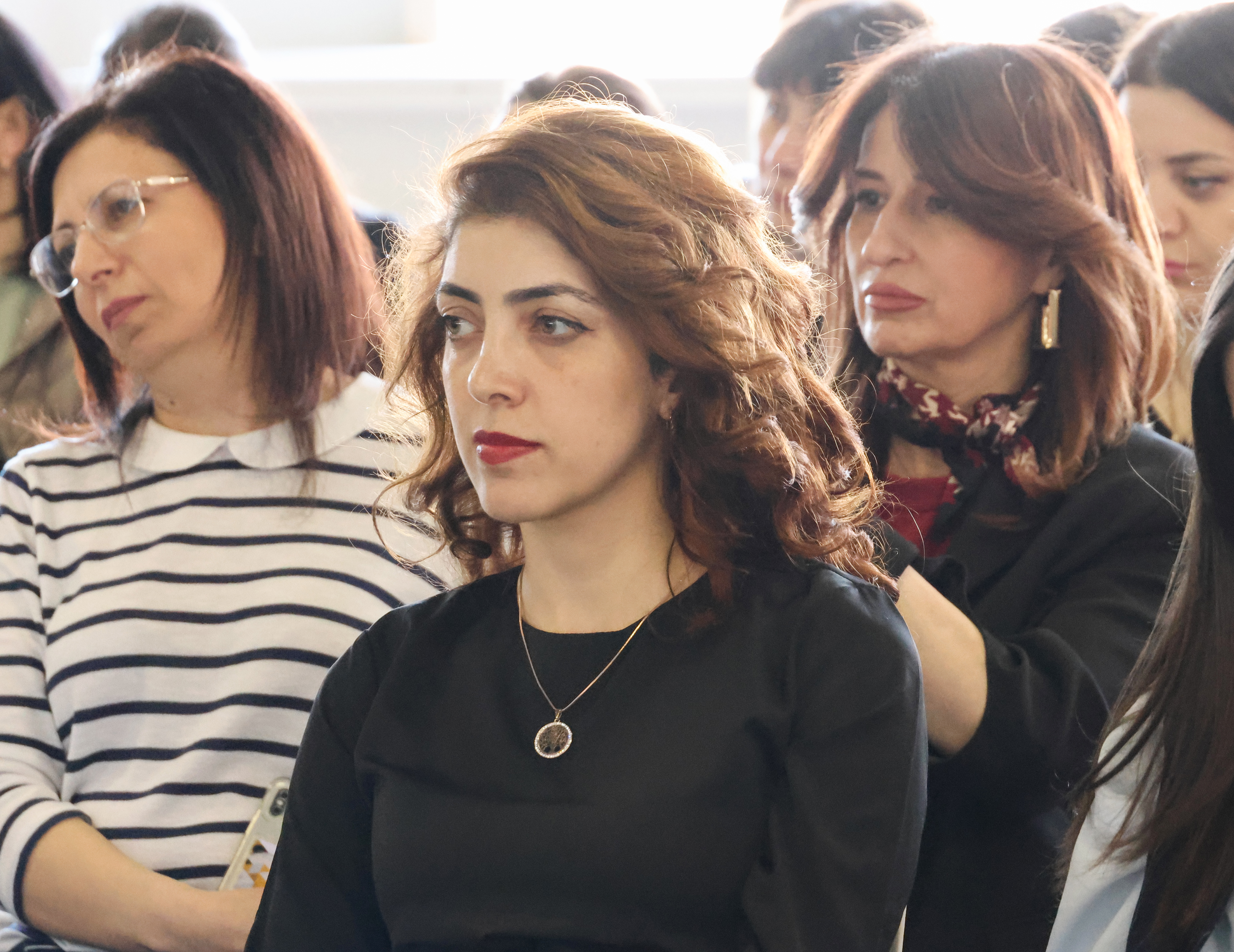March 14, 2025 | 16:13
Science
Education
Society
Discussion on challenges and solutions in textbook creation held at YSU with textbook authors
On March 14, the International Day of Mathematics, a discussion titled "Challenges and Solutions in Textbook Creation" was held at YSU Library named after Sarkis and Marie Izmirlian. The discussion focused on the challenges of textbook creation, positive experiences, and new solutions in the field.

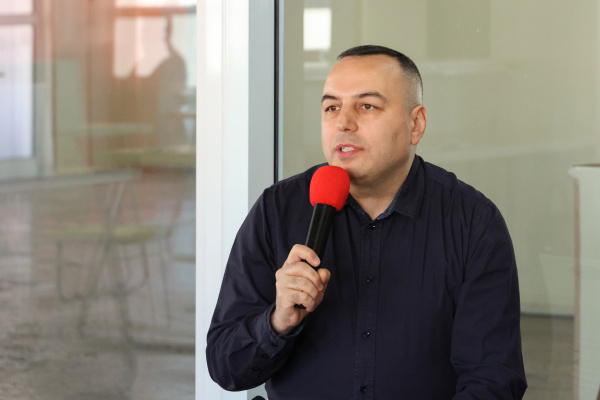
Avetik Mejlumyan, Director of YSU Library named after Sarkis and Marie Izmirlian, emphasized that the library initiated a series of discussions on various areas. The first discussion covered the aspects of textbook creation.
The speakers at the event included Smbat Gogyan, co-author of mathematics textbooks for grades 5–8 and Director of the Qarakusi Foundation; Sokrat Mkrtchyan, author of mathematics textbooks for grades 1–4; and Araks Manucharyan, co-author of social studies textbooks for grades 7 and 10.
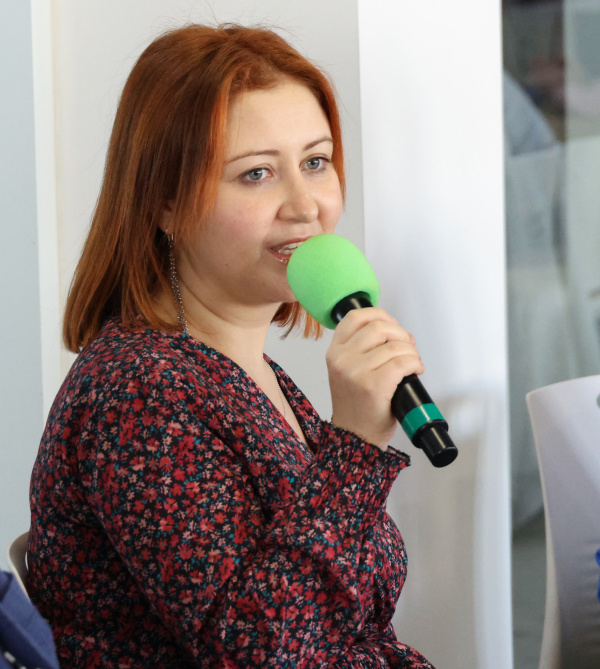
Addressing the challenges of textbook development, Araks Manucharyan noted: "We are living in a turbulent period during which both teachers and students want to see textbooks that not only foster the development of essential knowledge but are also accessible to their level of understanding. Striking a balance between these two demands is the most difficult task. I hope we will eventually have textbooks that meet both criteria—accessible and educationally effective."
As a supporter of introducing the subject Financial Literacy in schools, Araks Manucharyan also emphasized the importance of including finance-related examples in mathematics textbooks, allowing students to gain practical knowledge alongside academic skills.
Within the framework of the discussion, speakers shared their perspectives and experiences on a range of important issues, including the specific challenges faced at various stages of textbook development and evaluation, possible solutions to those challenges, students' preferences, the impact of social media and new technologies on mathematics education and textbook content, innovative approaches and creative solutions found in current textbooks, as well as the inclusion of financial literacy and 21st-century skills.
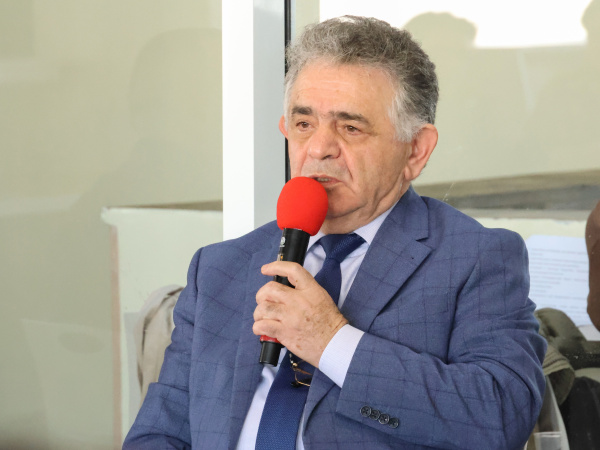
Sokrat Mkrtchyan, Director of Zangak Publishing House and author of mathematics textbooks for grades 1–4, spoke about the textbook competition process, drawing attention to the need for conceptual diversity in textbooks: "Textbooks should differ in their underlying concepts. Different authors bring different ideas, and therefore, there must be freedom in this field for publishers to present and promote their own textbooks, while schools, through discussion, decide which one to choose."
An engaging conversation also unfolded around the prospects of mathematics education, considering the rapid development of artificial intelligence and machine learning, as well as feedback from teachers and students on how textbooks can be improved.
Smbat Gogyan, co-author of mathematics textbooks for grades 5–8 and Director of the Qarakusi Foundation, emphasized that the processes of textbook creation and teaching in Armenia differ significantly from international practice:
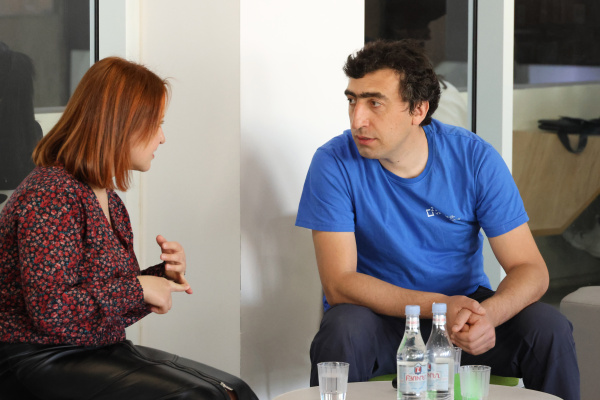
"Internationally, textbooks are typically developed by teams of three to five co-authors over a period of three to four years. That is not the case in Armenia. If you’ve noticed, mathematics here is not approached at a scientific level but rather interpreted in a more everyday, interpretable manner. We view school primarily as a place to receive education, whereas in reality, skills are acquired through life experience. The same applies to mathematics and numbers—education must be tied to real life," he concluded.
At the end of the discussion, participants had the opportunity to ask questions to the experts and receive comprehensive answers.





